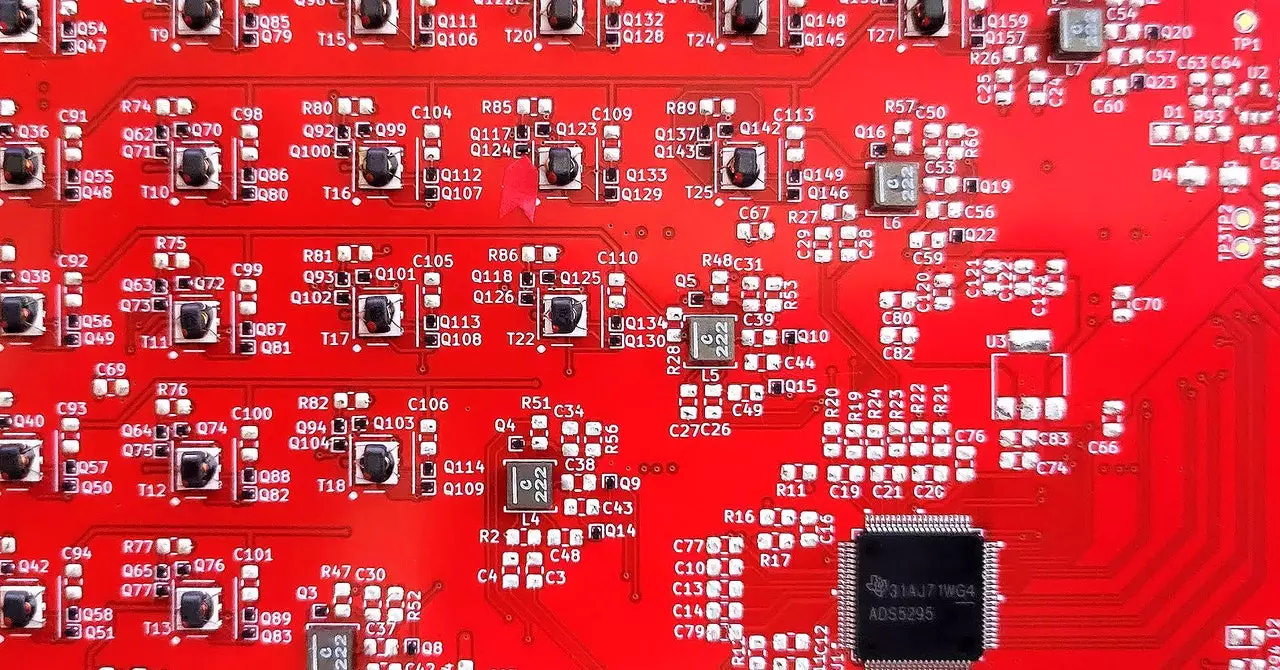The pursuit of further progress in artificial intelligence (AI) has reached unprecedented levels, with costs that seem almost surreal. OpenAI, a leading AI research laboratory, revealed that training the algorithm behind ChatGPT, an advanced AI language model, cost the company over $100 million. One of the contributing factors to this skyrocketing cost is the demand for graphics processing units (GPUs), essential components for large-scale AI training. The surging demand for GPUs has consequently driven their prices through the roof, adding an extravagant expense to AI research and development.
The Energy Consumption Concern: Data Centers and AI Gold Rush
As AI becomes increasingly competitive, another issue has emerged: the alarming energy consumption of data centers. The AI gold rush has seen startups formulating ambitious plans to create innovative computational tools for sale. However, this race for AI dominance has inadvertently resulted in data centers consuming significant amounts of energy. As AI research and development intensifies, it becomes imperative to consider sustainable and energy-efficient approaches to power the computational needs of advanced AI systems.
In light of the escalating costs and environmental impact of AI, some startups are challenging the established norms by advocating for a radical rethink of computer chip design. Normal Computing, a startup founded by former Google Brain and Alphabet employees, has introduced a groundbreaking prototype that aims to reboot computing from its fundamental principles. Unlike conventional silicon chips that process computations using binary bits (0s and 1s), Normal Computing’s stochastic processing unit (SPU) leverages the thermodynamic properties of electrical oscillators. By harnessing the random fluctuations within circuits, the SPU generates random samples for computations and solves linear algebra calculations. These functionalities have significant implications for scientific, engineering, and machine learning applications.
The Promise of Efficient Statistical Calculations
Faris Sbahi, CEO of Normal Computing, explains that their hardware solution is highly efficient and particularly suited for statistical calculations. This innovative approach could potentially enable the development of AI algorithms that effectively handle uncertainty, addressing the challenge of large language models sometimes producing inaccurate or “hallucinatory” outputs when faced with ambiguity. While generative AI has achieved remarkable progress, Sbahi suggests that there is still room for improvement in both software architectures and hardware solutions. Previously involved in quantum computing and AI projects at Alphabet, Sbahi and his co-founders embarked on exploring alternative ways of utilizing physics to drive AI computations after experiencing limited progress in the adoption of quantum computers for machine learning.
Extropic: An Ambitious Endeavor in Thermodynamic Computing
Extropic, another startup founded by former quantum researchers at Alphabet, is taking the concept of thermodynamic computing for AI to new heights. Guillaume Verdon, the founder and CEO of Extropic, envisions integrating neural computing into an analog thermodynamic chip, utilizing insights and expertise gained from quantum computing software and hardware. Although the company remains in stealth mode, its goals appear incredibly ambitious. Verdon, who was recently revealed as the person behind the popular meme account “X Beff Jezos,” associated with the “effective accelerationism” movement, seeks to push the boundaries of computing toward a “technocapital singularity.”
Amidst the challenges posed by maintaining Moore’s law (the prediction that chip component density would continue shrinking), the need for a comprehensive reevaluation of computing approaches seems increasingly evident. Peter McMahon, a professor at Cornell University specializing in novel computing methods, emphasizes that even if Moore’s law continued unabated, the rapid growth of AI model sizes would exceed chip capacity. This disparity highlights the urgent necessity to explore and exploit alternative computing methodologies to keep up with the relentless pace of AI advancements.
The rapidly escalating costs and environmental impact of AI research and development call for a critical examination of traditional computing paradigms. Startups like Normal Computing and Extropic are spearheading innovative approaches, leveraging thermodynamic properties and analog chips to pave the way for efficient and sustainable AI computation. As the AI industry continues its race for progress, a holistic and forward-thinking perspective is crucial to ensure the viability, accessibility, and long-term future of artificial intelligence. With the right combination of inventive hardware and software architectures, the potential for groundbreaking advancements in AI while addressing its escalating costs and energy consumption becomes an achievable reality.


Leave a Reply